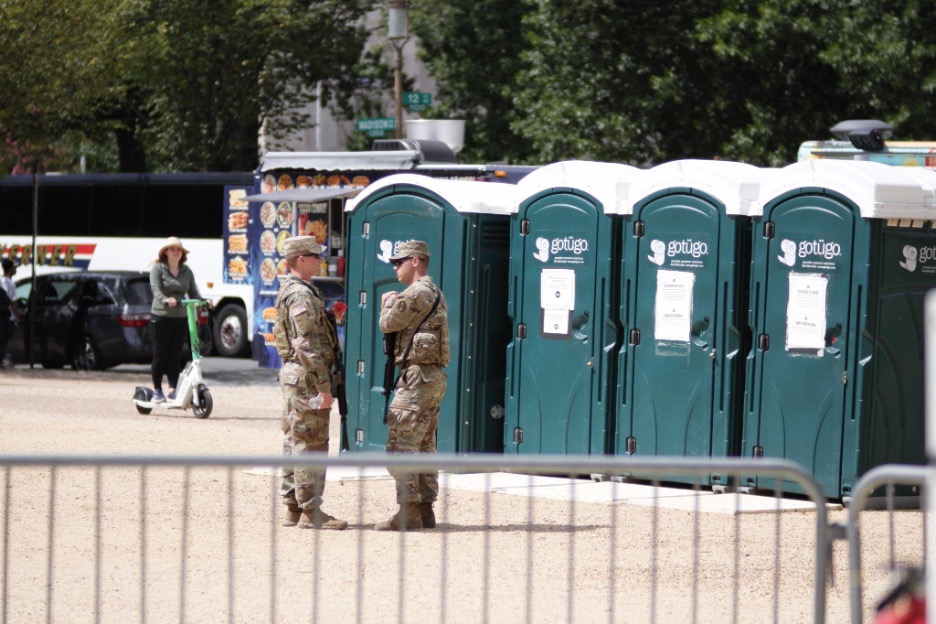Judge Mukasey on the Advantages of Military Commissions
Commenting on the Ghailani prosecution a few nights ago on PBS Newshour, former Attorney General Mukasey criticized the use of a civilian court rather than a military commission. He observed that the verdict
illustrate[s] the dangers and the -- in this case, the unnecessary dangers, of using a civilian system that excluded a good deal of the evidence against him, obviously didn't include all of the charges that were pending against him a before military commission.As to the fir
Published by The Lawfare Institute
in Cooperation With

Commenting on the Ghailani prosecution a few nights ago on PBS Newshour, former Attorney General Mukasey criticized the use of a civilian court rather than a military commission. He observed that the verdict
illustrate[s] the dangers and the -- in this case, the unnecessary dangers, of using a civilian system that excluded a good deal of the evidence against him, obviously didn't include all of the charges that were pending against him a before military commission.As to the first argument--the claim that a commission would have been more amenable to admitting Ghailani's interrogation statements or derivative evidence from them--well, Ben and I have explained (here and here) that this is not likely so. I've not seen much discussion, however, of the second point--i.e,. that a wider array of charges would have been available in the commission setting. Judge Mukasey later in the interview elaborated a bit:
I have no quarrel with Judge Kaplan's result, with his reasoning. I have very high regard for him. He's a former colleague. But I have no doubt at all that the result would have been different in a military commission, and, certainly, there would have been additional charges before a military commission that could not be tried in this case, and of which this jury could not be made aware.So the claim is not merely that civilian prosecutors simply elected not to pursue certain charges (something which might reflect on their judgment but which would not tell us anything about the civilian criminal justice system), but rather that the charges were not viable in the civilian system. If correct, that obviously is a significant consideration...but is it correct? It's not clear to me from the context why Judge Mukasey believes that certain charges had to be left aside. If the argument is that the omitted charges depended on evidence that in Judge Mukasey's view would have been admissible in a commission but not an Article III court, well, as noted above I do not think the case has been made regarding such a clear disparity in the evidentiary rules. But the argument may turn on other considerations. If so, I'd be glad to hear them (and post them).
Robert (Bobby) Chesney is the Dean of the University of Texas School of Law, where he also holds the James A. Baker III Chair in the Rule of Law and World Affairs at UT. He is known internationally for his scholarship relating both to cybersecurity and national security. He is a co-founder of Lawfare, the nation’s leading online source for analysis of national security legal issues, and he co-hosts the popular show The National Security Law Podcast.




-(1).png?sfvrsn=dd820f87_5)
